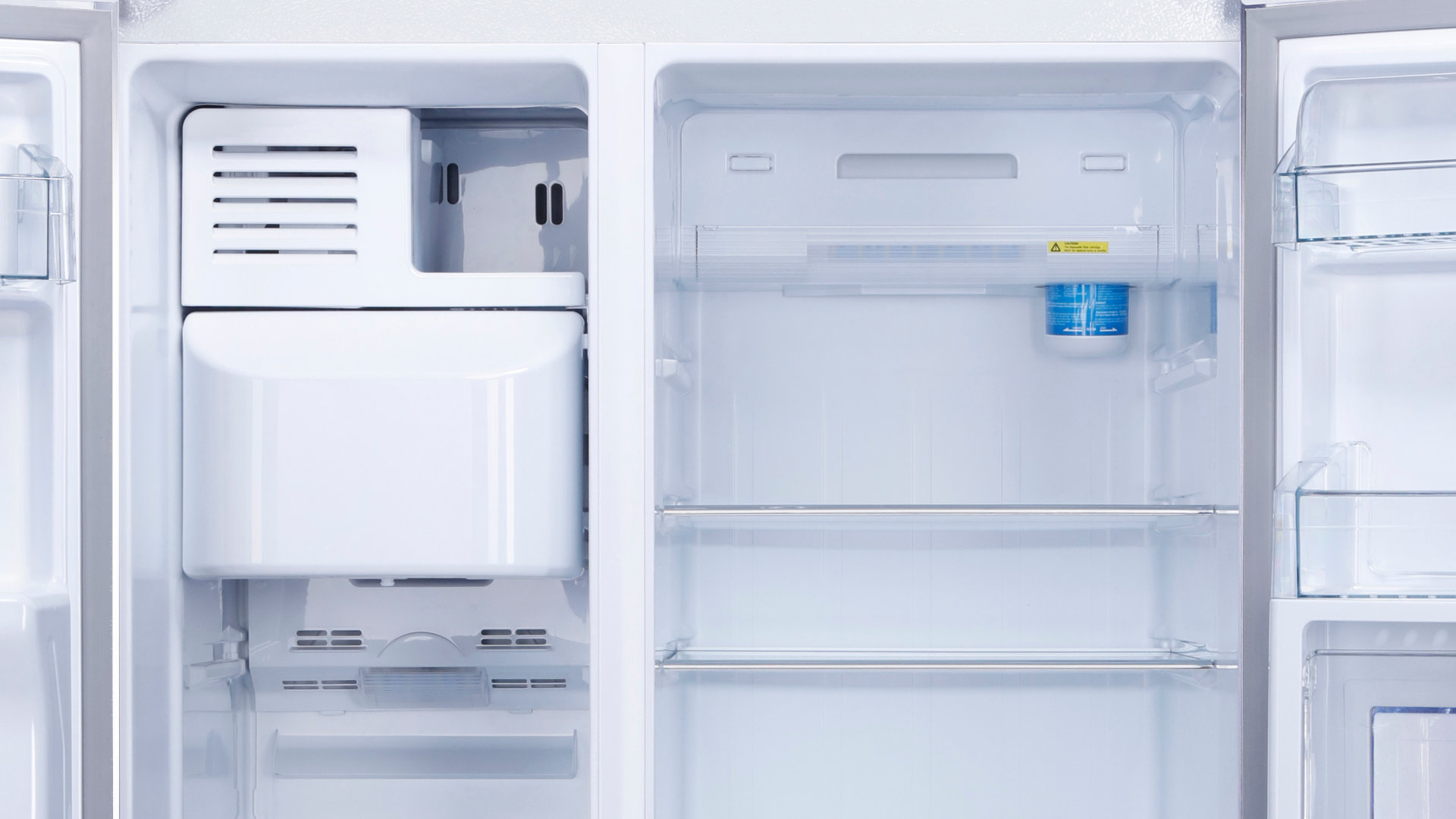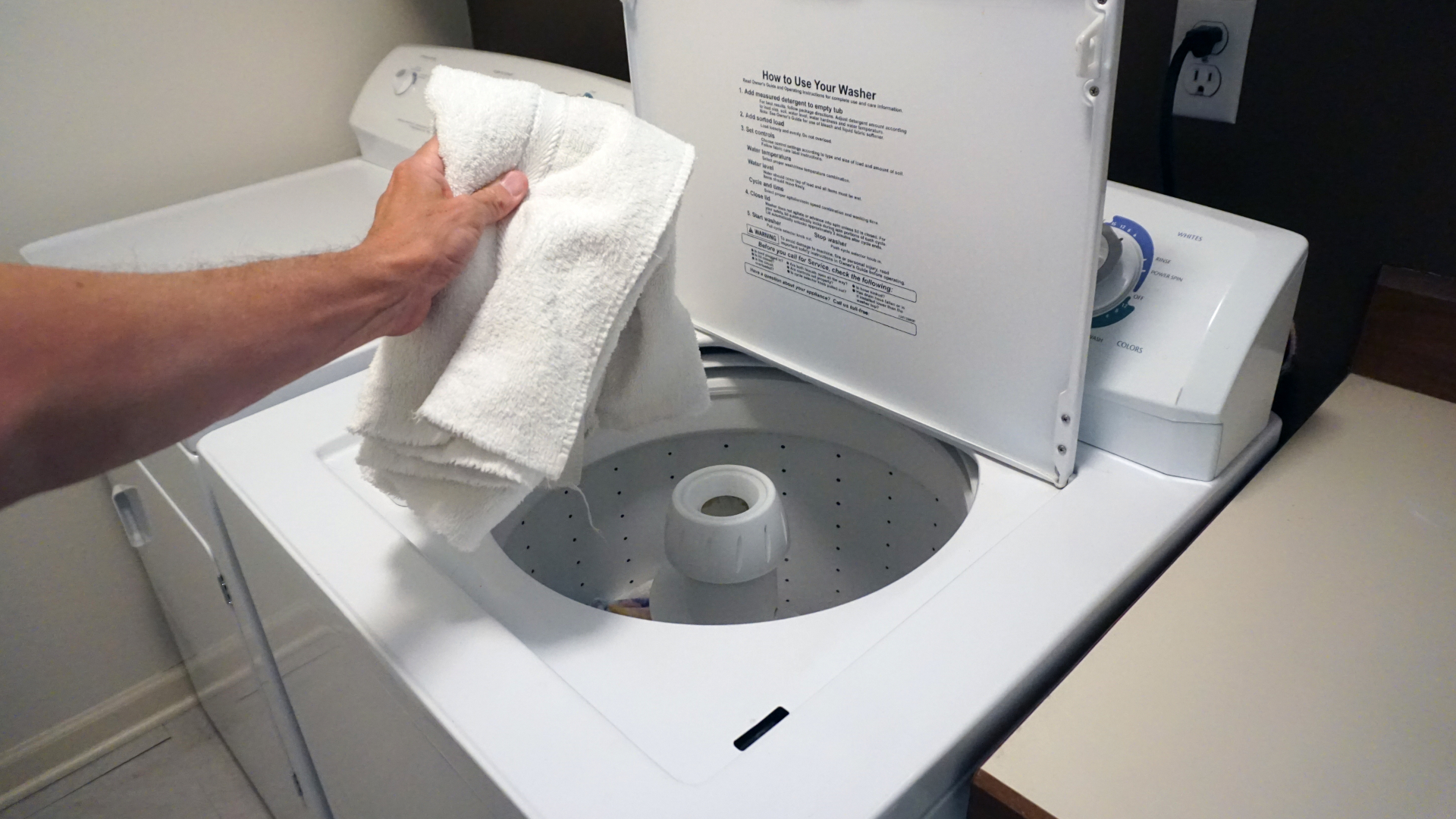
When it comes to you upgrading your washing machine, there are a number of factors that should go into your next appliance. Brand trust, affordability, energy conservation, and reviews can all impact how well your next washer will perform in relation to expectations. However, the best thing you can look for is longevity. Here’s our guide on how long washing machines last, what to look for if you think they’re breaking down, and tips on extending their longevity.
How Long Do Washing Machines Typically Last?
Typically, expect to have the same washing machine for up to six years. This is because, with the higher demands of white goods and generally all consumer goods, newer models are being cheaply made. The cost to go into making them is far cheaper than their older counterparts, which were focused on quality and robustness.
Cheaper models are often accused of buckling under the pressure of a few washes a year, which further decreases their life expectancy. This is because the more use you get out of a machine, the more wear you place onto it.
Extending Your Washing Machine’s Lifespan
You can’t keep the same machine forever, but thankfully you can use this information to keep your current one going. With care and effort, you can expect a few more months to a few years out of your old washer. Do this by:
Watching How Much You Wash
It’s quite normal, when we put a load on, to forget that the washer only has so much space. If you find yourself overfilling every time you use the washing machine, it puts unneeded strain on the washer’s interior, causing it to fail early. However, you don’t want to under-fill your washer, because then you are wasting energy and time on a cycle.
Follow the manufacturer’s guide on the capacity of your machine. This is important because it ensures you’re getting the best out of your washer and are saving time, money and effort while you do it.
Getting Regular Checks and Repairs
It is also good to check over your machine for any errors that may occur and request a repairman if you find any. While it may be convenient to continue using your washer if problems persist, some symptoms indicate long-term problems with your hardware. These kinds of problems, such as leaks, ripped or otherwise ruined loads, and the drum cycle refusing to spin, are just some of the issues to look for.
Using the Right Detergent
Using the correct detergent for your type of washing machine is essential to an overall better, more effective wash. Many people overlook this step, but using the incorrect type on your appliance can cause it to die prematurely.
To determine which detergent type you should be using, talk with your manufacturer and compare powders, liquids, and pods. Particularly, discuss whether powders can be used, because powders can sometimes dissolve incorrectly in the detergent chamber, leaving chunks behind. This causes buildups over time, which can be a breeding ground for suds.
When It’s Finally Time for a Replacement
When thinking about finally replacing your old washer, you should take the time to consider cost and energy efficiency. Newer models, particularly top-loaders, use significantly less energy, water, detergent, and electricity than their older counterparts. By skipping the repairs on a major issue with your old washer, you can save more than if you tried giving it a few more years.
You know it is time to replace your old washer if you’re experiencing:
Excessive Leaking
Though you can minimize leaks by determining how large your cycle loads are and whether you still have room for spinning, shaking, and turning, excessive leaks are a main indicator of your washer being on its last legs.
Excessive Noises
If your washer sounds more turbulent than usual, it is another main indicator that a replacement is on the horizon. This comes from an unbalanced washer and is typically an easy fix. However, if you think it is a simple defect, it can easily lead to something worse.
A temporary fix is stopping the cycle and readjusting your laundry so your clothes are more evenly distributed. Make sure your washer is on a level surface.
However, if you have tried these steps and they haven’t worked, you’re probably experiencing a faulty motor mount or drum. These are costly to repair, so it would be more prudent to replace your washer altogether.
Excessive Movement
Washers should always remain in place when a load is on. If it sways whenever it cleans, rinses, and spins your clothes, you really should be thinking of your next purchase. There is a high chance your washer will slosh water outside of the unit, causing ruined laundry floors and leading to the development of mildew, mold, and bacteria. It may even just pull itself free from the connecting plugs, which will cause your laundry to not clean properly.
If you look for these signs above, you should have plenty of warning for when it is time to get a replacement washer. Not only will you have more time to save; you will also have the time to find the correct brand that will work best for your home.
Calling a professional, such as a repairman or even a manufacturer, will also give you more options. You can also consult with them on how many years your washer has left with you. This rough estimate will give you better peace of mind, meaning you don’t have to immediately shell out for another washer if it collapses on you.
Giving yourself plenty of time and doing your research will also enable you to find deals, giving you even more range. Buying online and going in-store will give you ample choices as well.
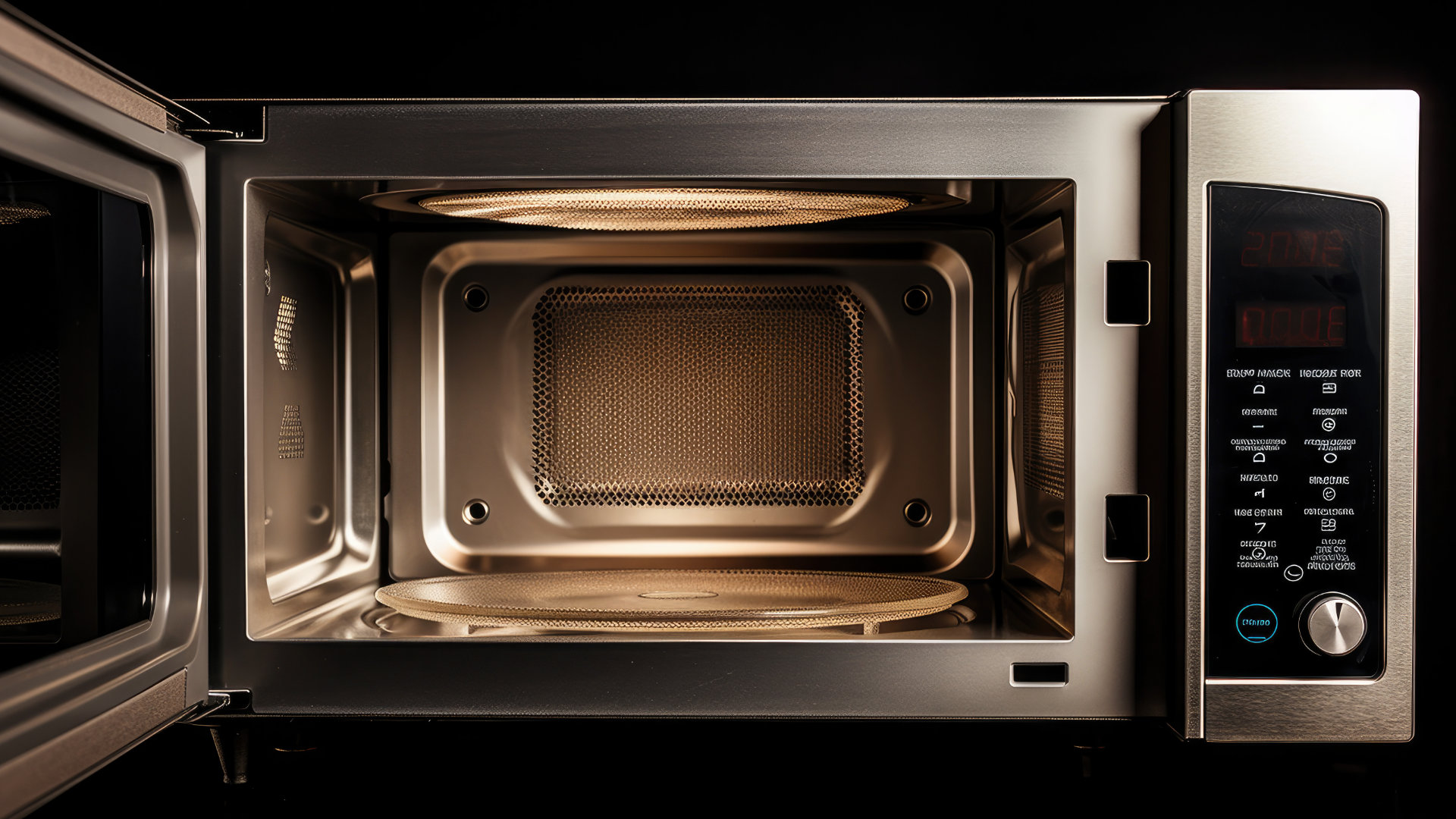
Eliminate the Burning Smell From Your Microwave
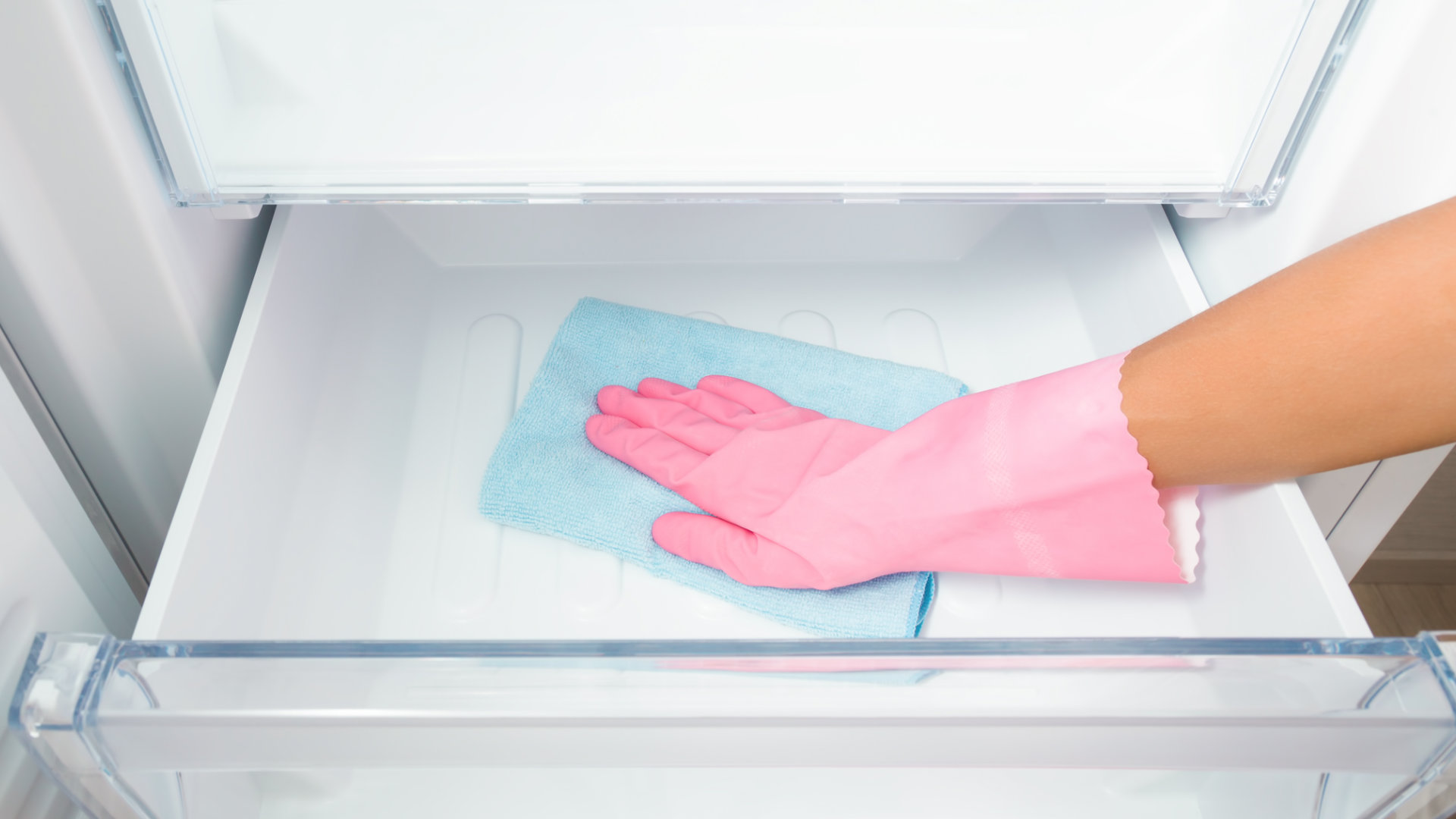
Fixing a Samsung Freezer That Won’t Freeze

Whirlpool Oven Won’t Heat: Here’s What To Do
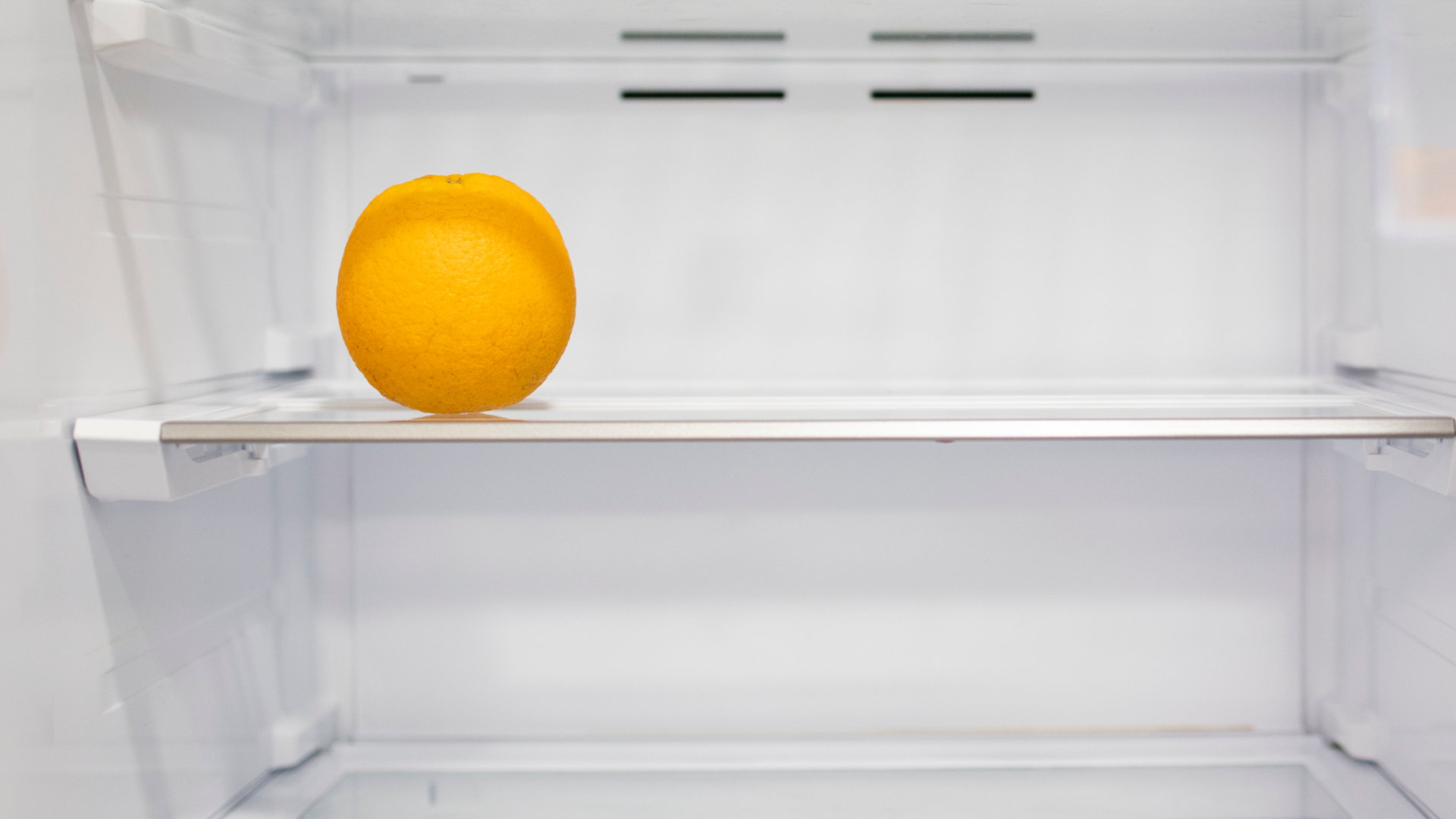
Easy Steps to Clean Your Refrigerator Coils
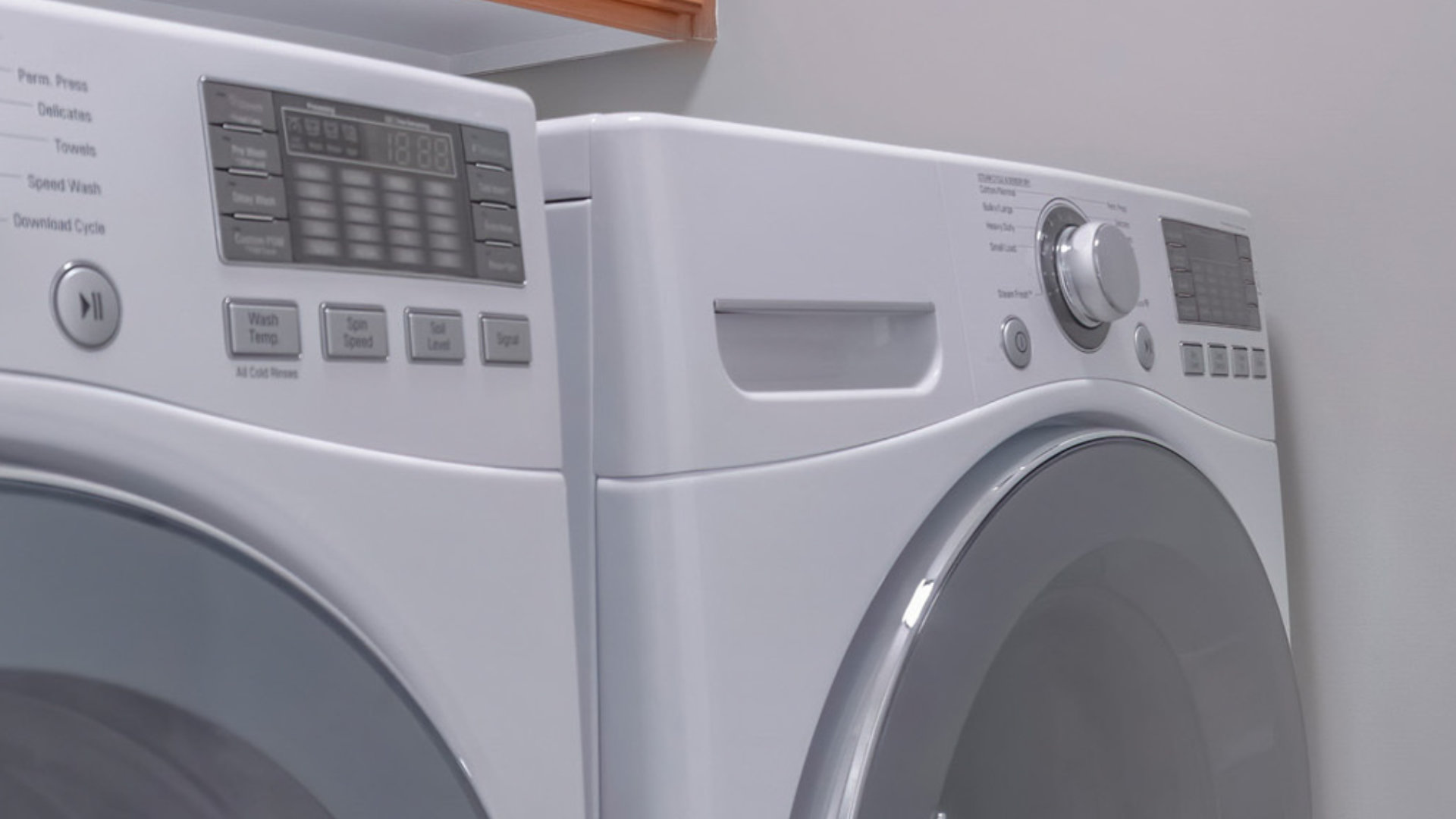
Quick Fixes for an LG Dryer Not Heating
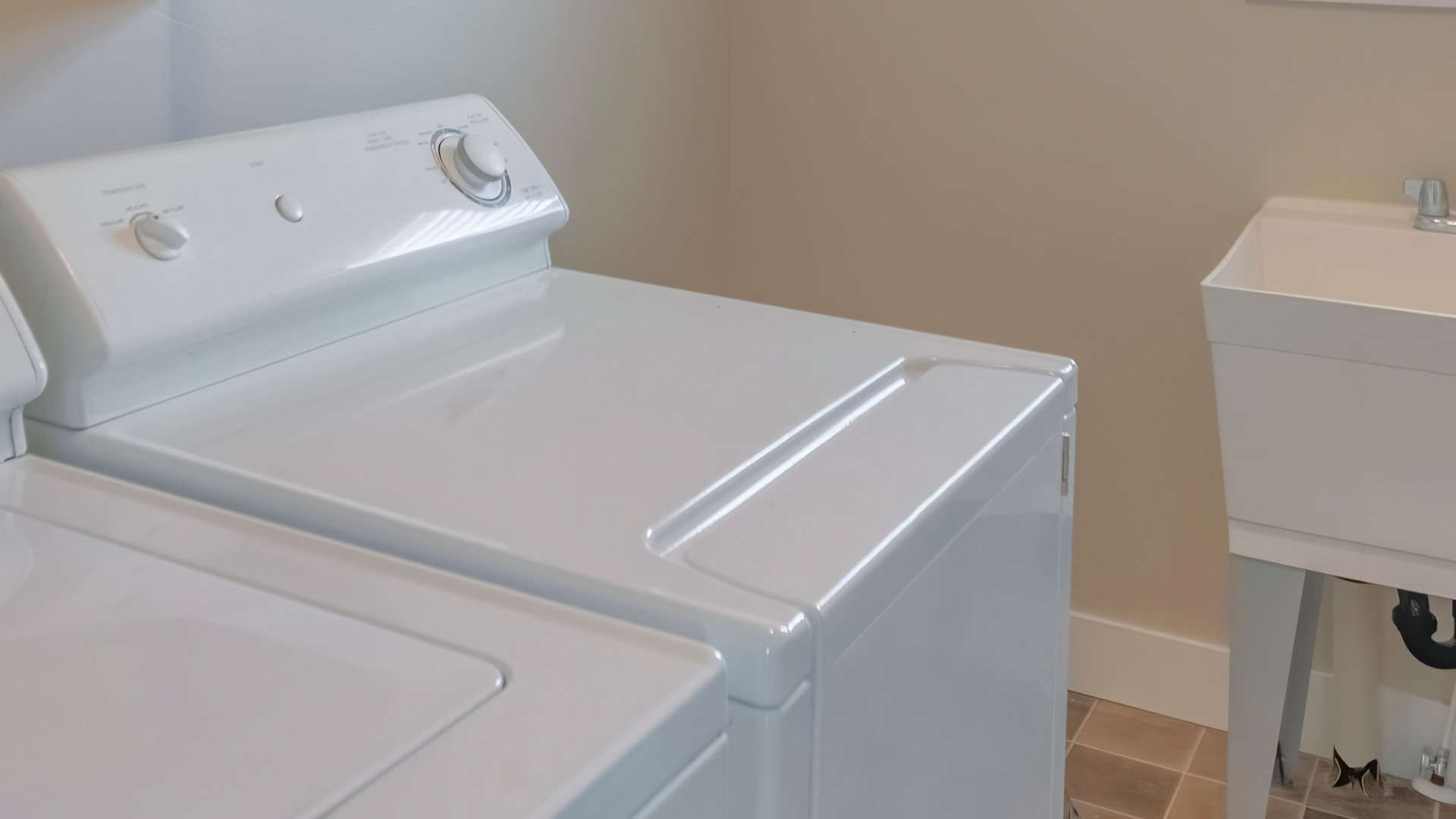
How to Fix an Electrolux Dryer That’s Not Drying
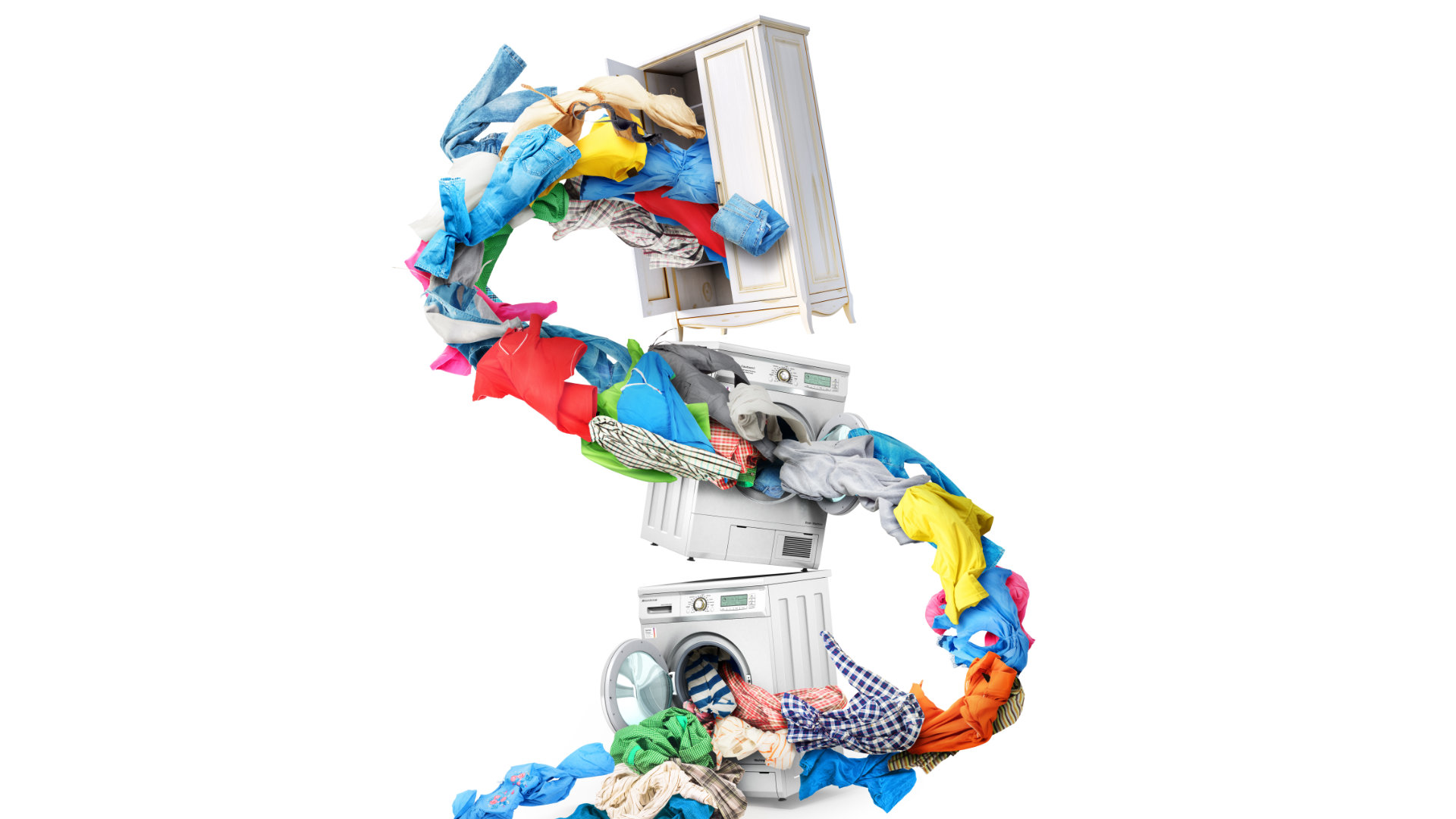
Why Is Your Whirlpool Washer Lock Light Flashing?

Why Is Your Freezer Door Not Sealing?
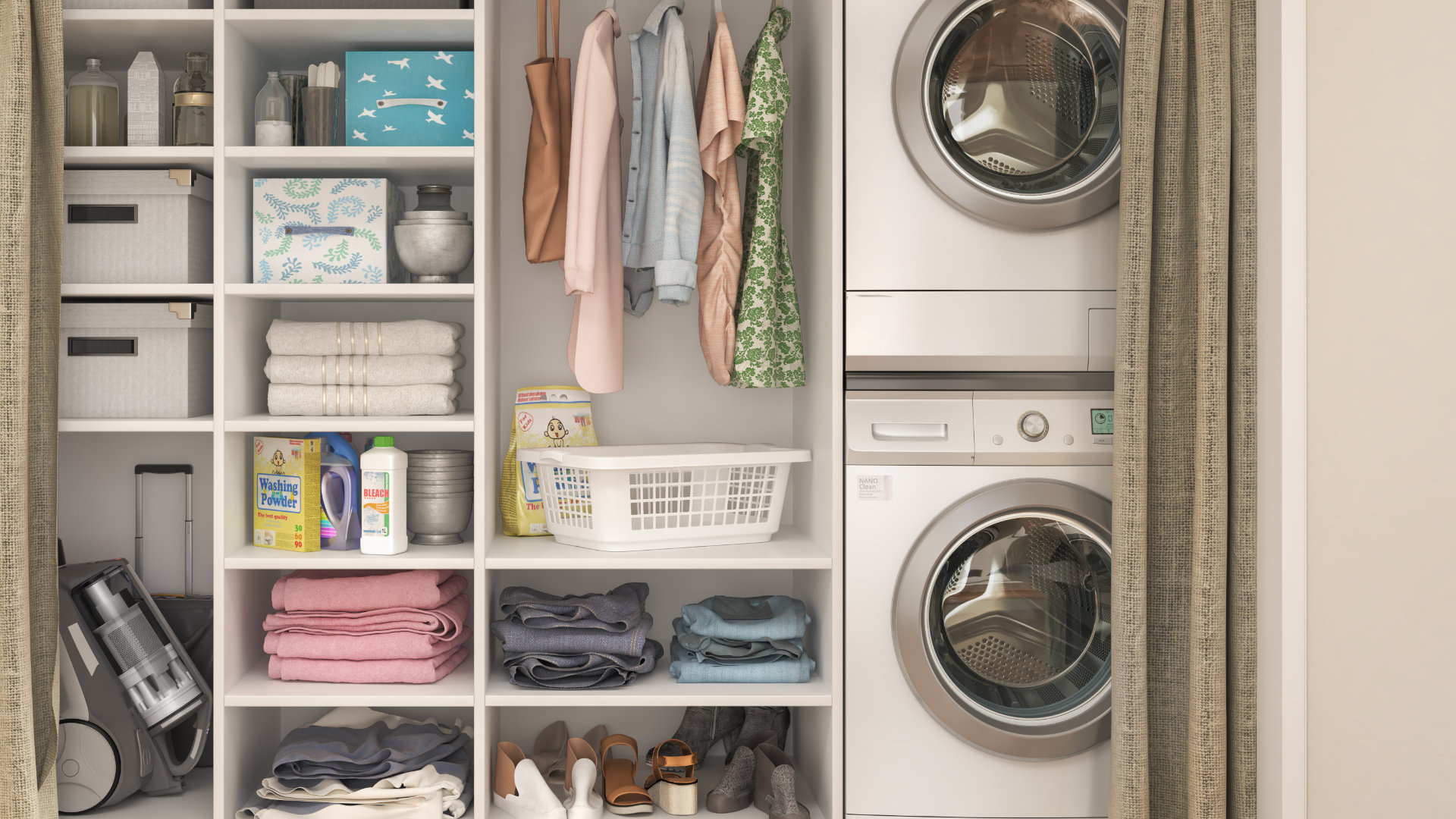
How Does a Ventless Dryer Work?
